Member Directory,
1847 - 1922
Thomas Hitchcock
Law/Financial Journalist
Centurion, 1859–1910
Henry R. Winthrop
New York (Manhattan), New York
New York (Manhattan), New York
Age twenty-seven
Bronx, New York
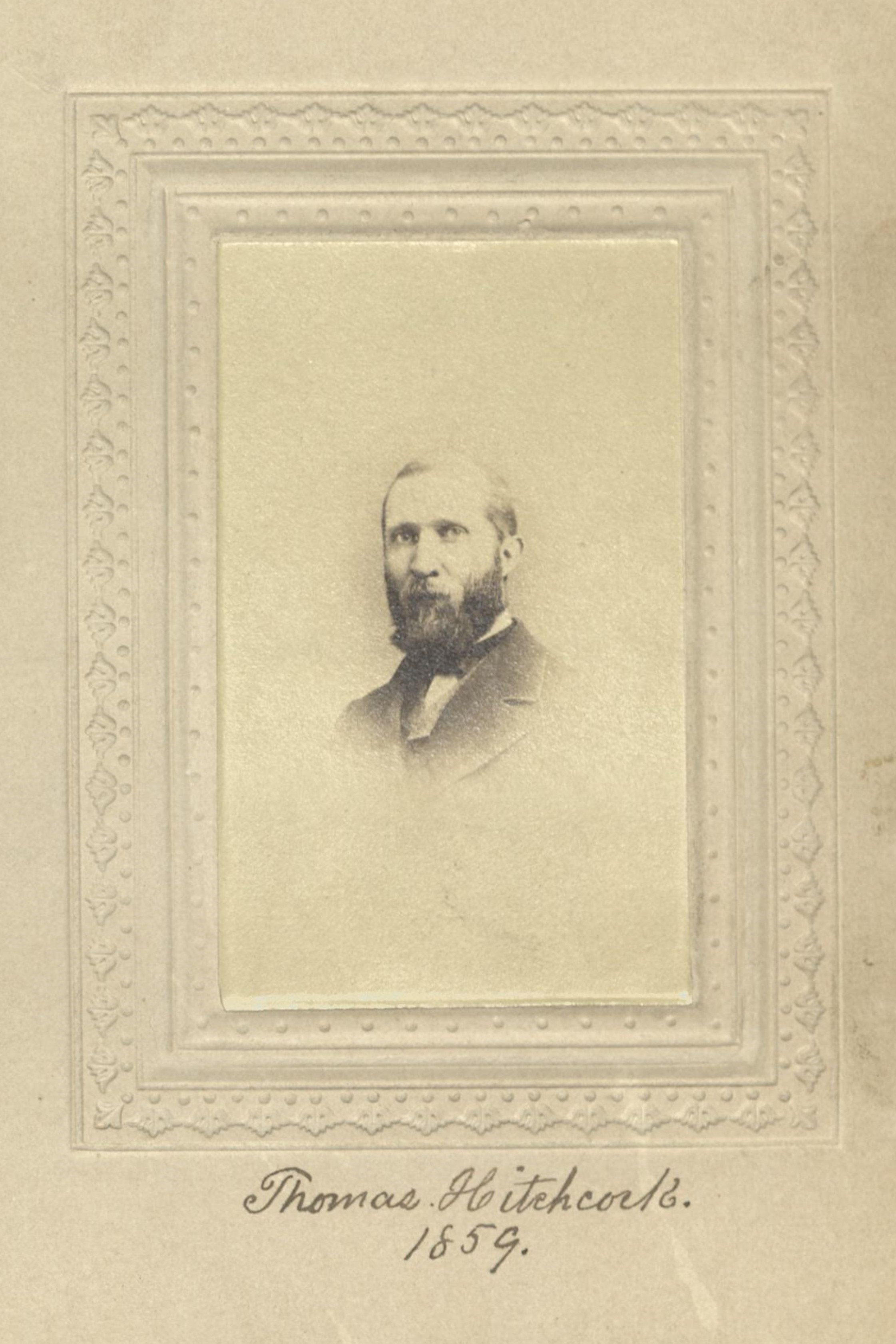
Archivist’s Notes
Published under the pseudonym “Mathew Marshall”
Century Memorial
Thomas Hitchcock had a place of his own in The Century adding to its zest and interest. He found his chief amusement here, and belonged to a group which formed our famous Sunday School. He was well read in the literatures of Germany and France as well as of England and America, and besides, he had a great and discriminatingly intelligent love of music. A nervous temperament, he was never physically robust, encouraged a somewhat controversial disposition and led him occasionally to the formation of judgments on insufficient evidence; but he was ready to accept correction when he found himself or his facts at fault. Sometimes he seemed cynical in his utterances, and yet those who knew him best characterize him as more ready to recognize the good in others than to indulge in critical fault-finding and as endeavoring to be absolutely just.
Mr. Hitchcock after studying in New York University and the Harvard Law School practised law until 1868 when he became associated with Mr. Charles Dana in the New York Sun. His financial articles attracted wide attention and were authoritative. He wrote also on the doings of society. He wrote one book, The Unhappy Loves of Men of Genius.
Mr. Hitchcock in his early youth felt himself aggrieved by the extremely puritanical educational methods to which he was subjected. As a young man freed from these he turned to the Swedenborgian Church for which he always retained sincere sympathy. Later he found satisfaction in the philosophy of Spinoza, Kant, Hegel, Schopenhauer, and most of all Hartmann, whose Philosophy of the Unconscious he translated. A personal visit to Hartmann when travelling in Germany resulted in friendly personal relations and correspondence.
Mr. Hitchcock had many noble qualities endearing his memory to his large group of friends.
George William Knox
1911 Century Association Yearbook
Related Members
Member Directory Home-
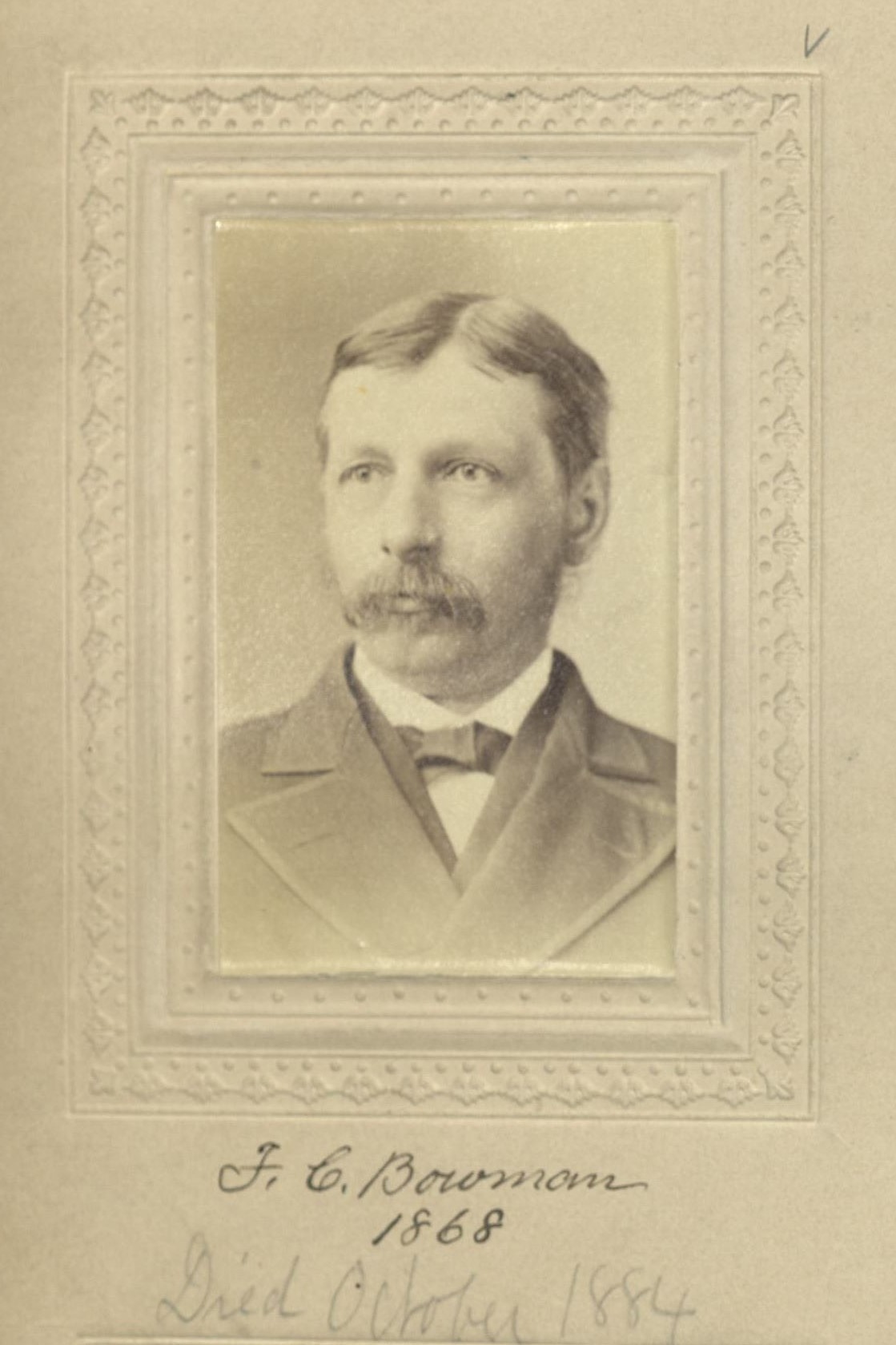 Francis C. BowmanMusic Critic/LawyerCenturion, 1868–1884
Francis C. BowmanMusic Critic/LawyerCenturion, 1868–1884 -
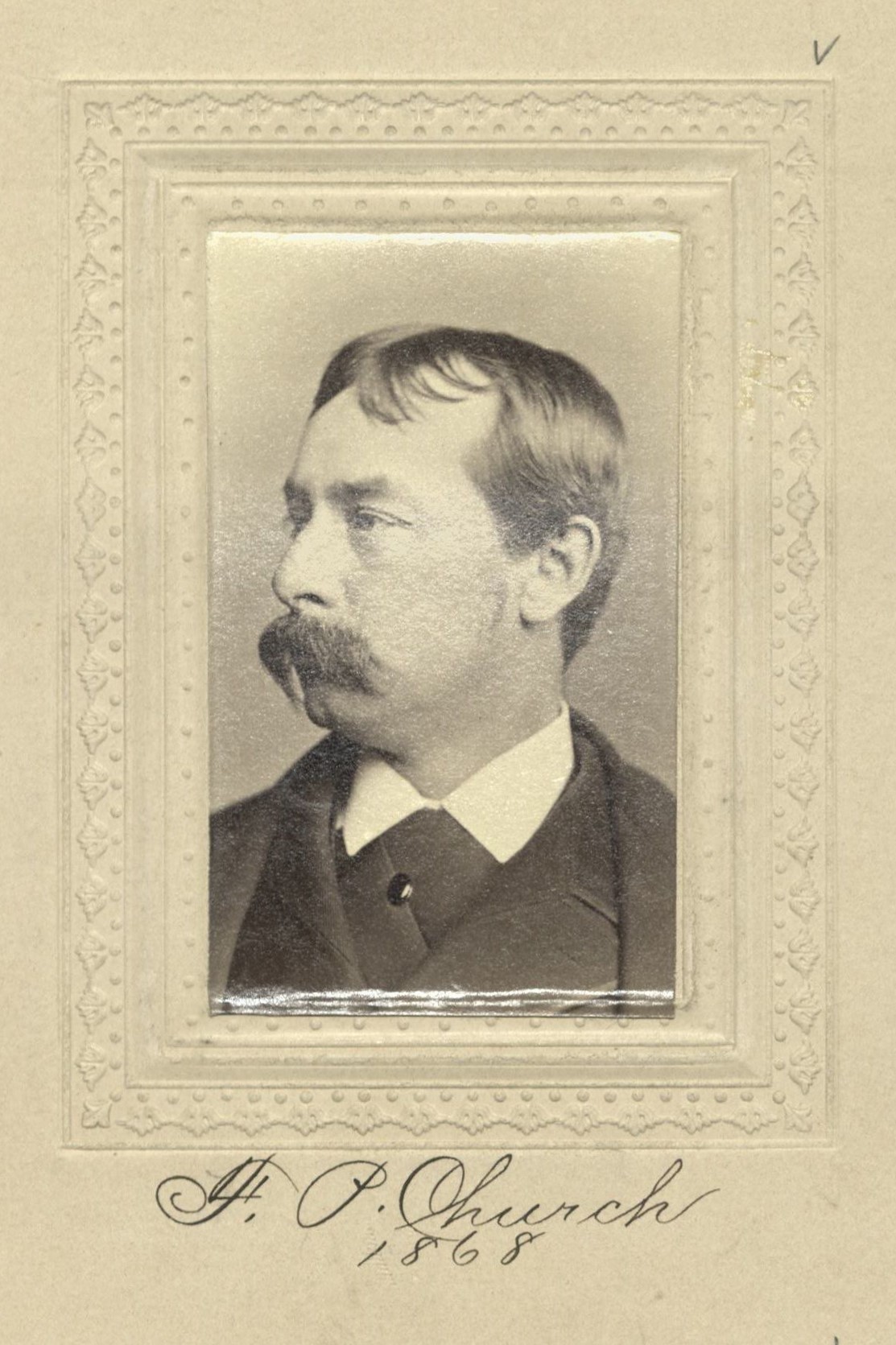 Francis P. ChurchPublisher/EditorCenturion, 1868–1906
Francis P. ChurchPublisher/EditorCenturion, 1868–1906 -
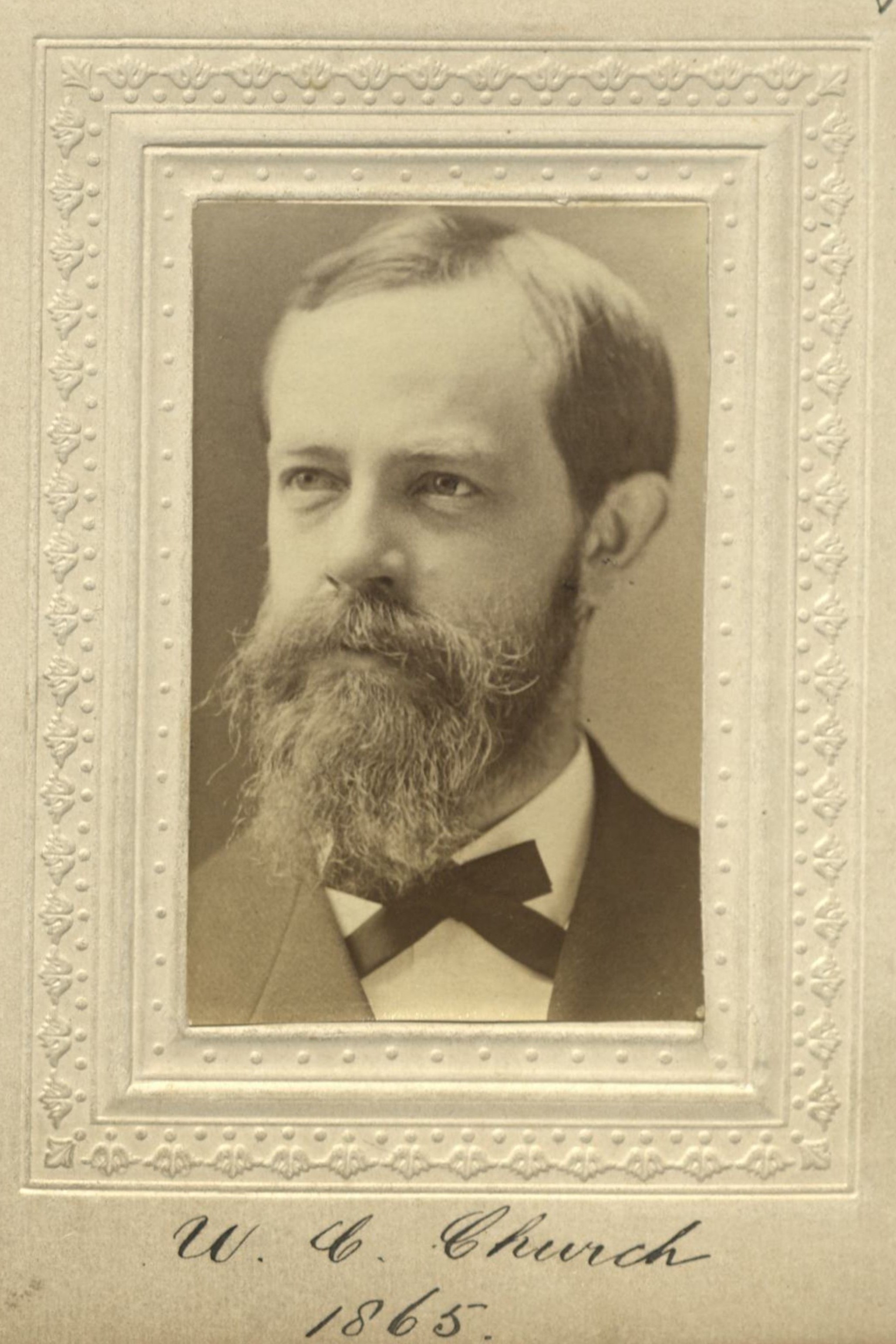 William Conant ChurchJournalist/Army OfficerCenturion, 1865–1917
William Conant ChurchJournalist/Army OfficerCenturion, 1865–1917 -
 Freeman J. FithianLawyerCenturion, 1863–1884
Freeman J. FithianLawyerCenturion, 1863–1884 -
 Charles F. LivermoreMerchant (Dry Goods)/BankerCenturion, 1865–1868
Charles F. LivermoreMerchant (Dry Goods)/BankerCenturion, 1865–1868 -
 Charles H. RogersBrokerCenturion, 1863–1880
Charles H. RogersBrokerCenturion, 1863–1880 -
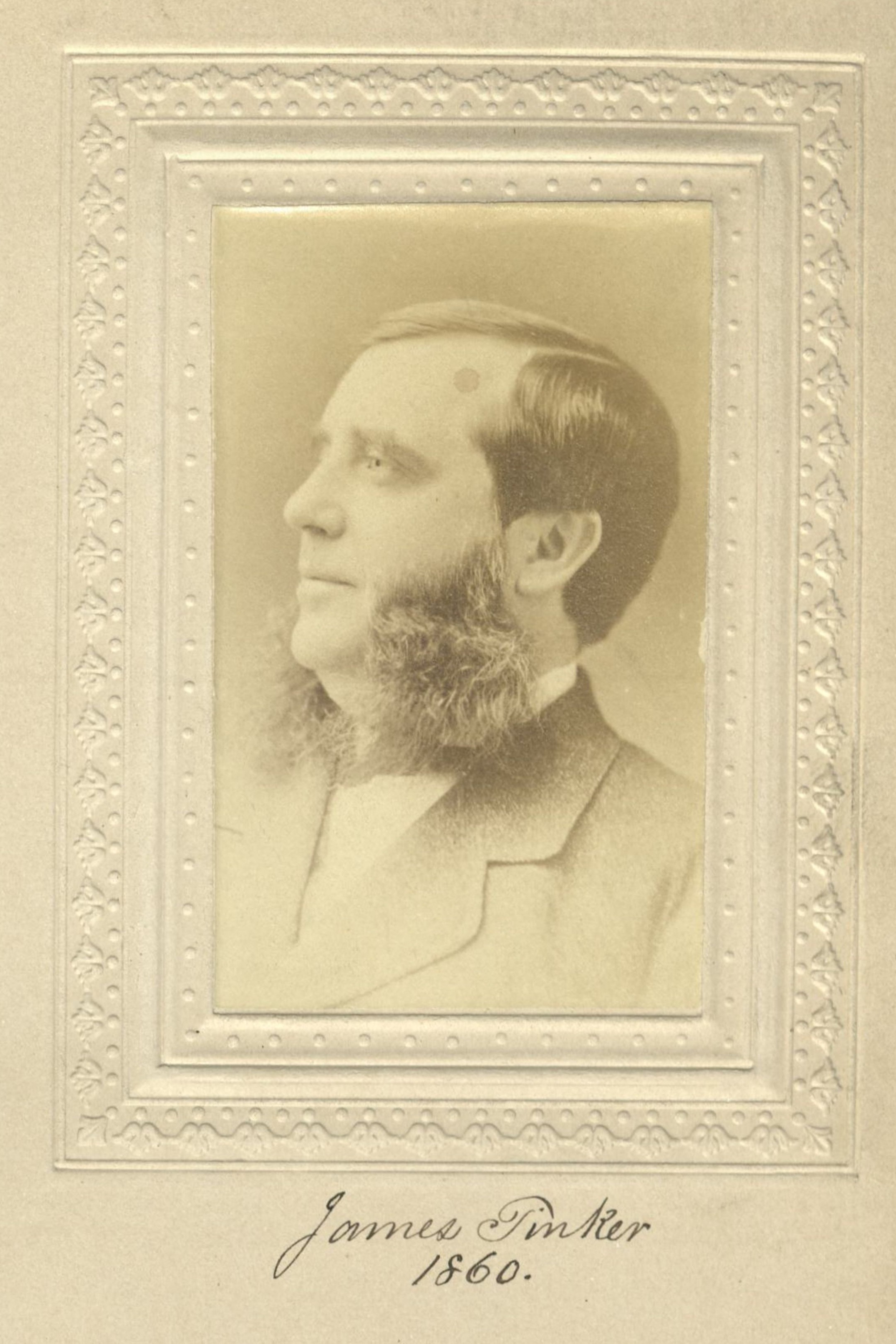 James TinkerMerchant (Hudson Bay Co.)Centurion, 1860–1876
James TinkerMerchant (Hudson Bay Co.)Centurion, 1860–1876 -
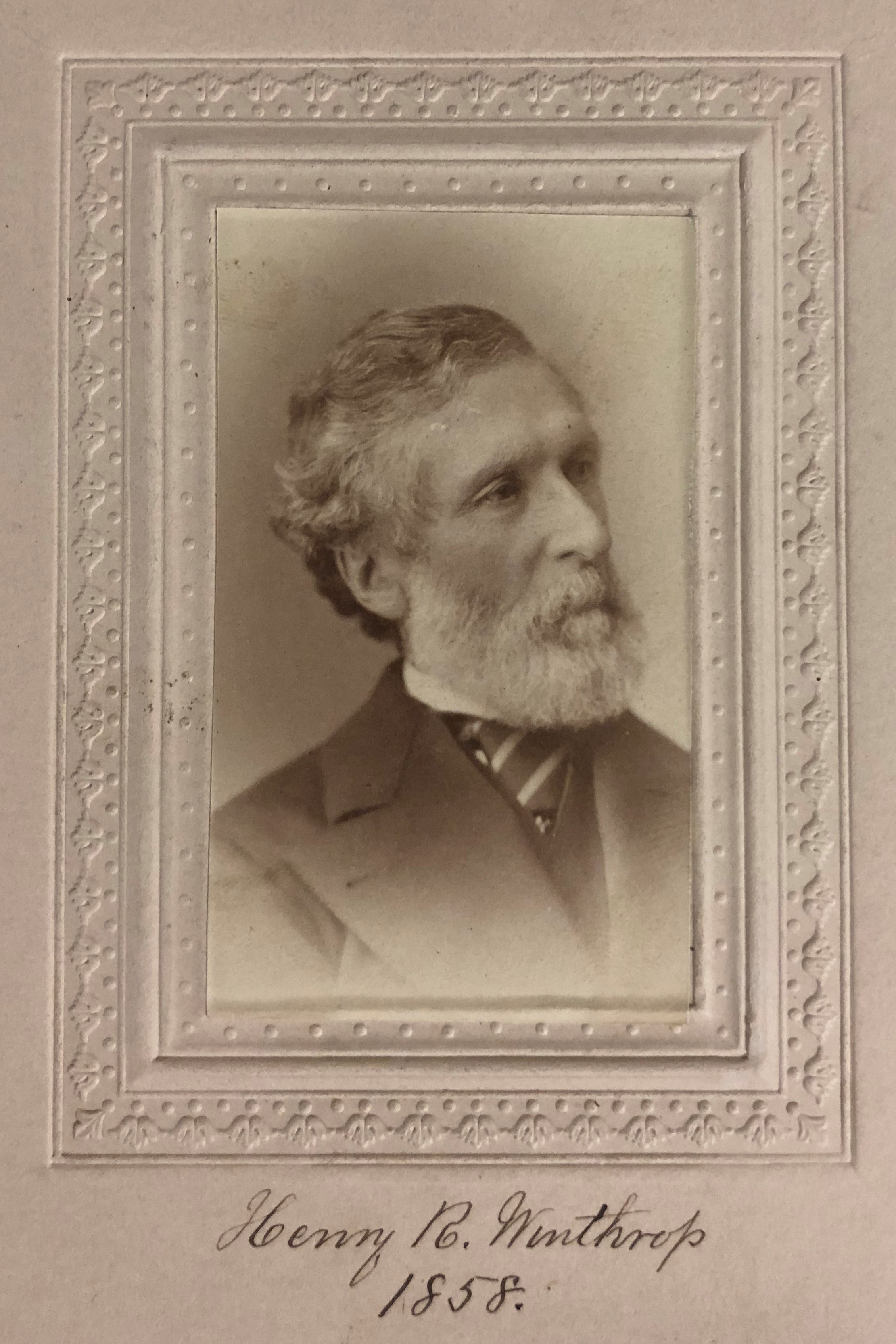 Henry R. WinthropLawyerCenturion, 1858–1896
Henry R. WinthropLawyerCenturion, 1858–1896





